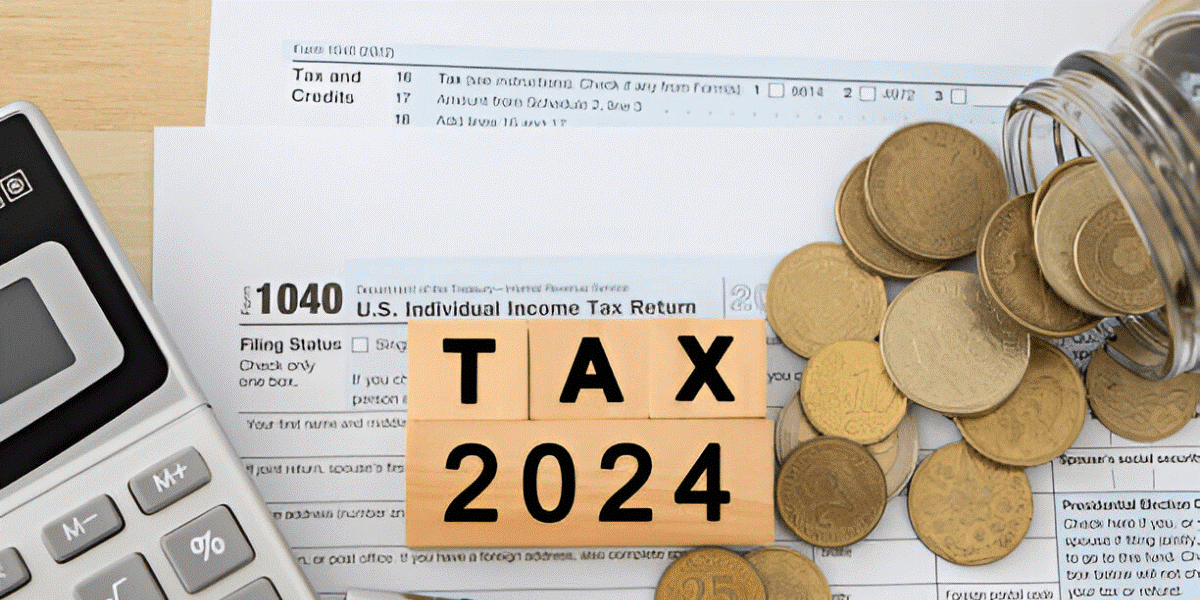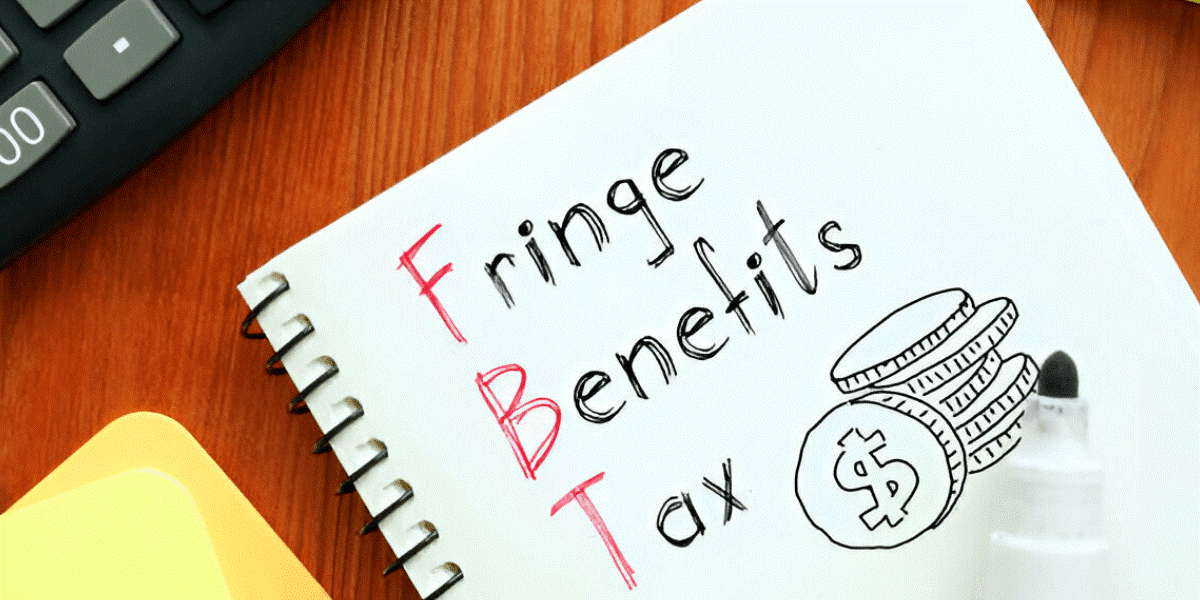Speak to Tax App - Online Accountants & Tax Agents.

Should I Inform My Accountant If I Have Been Scammed?
As a business owner and investor, it is important to be aware of the many scams that are out there. Some scams are more sophisticated than others, but they all have the potential to cost you time and money. If you have been the victim of a scam, you may be wondering if you should inform your accountant?
The answer to this question depends on the type of scam that you have been a victim of. If the scam was related to your business or investments, such as a phishing attack or a fake invoicing scam, then it is important to inform your accountant so that they can help you mitigate the damages. However, if the scam was not related to your business or investment, such as a personal identity theft scam, then you may not need to inform your accountant.
Types of Scams
When determining whether or not to inform your accountant about a scam, it is helpful to first understand the different types of scams that exist. Some common scams include:
Ransomware: Ransomware is a type of malware that encrypts your files and holds them hostage until you pay a ransom to the attacker. It's a growing threat to businesses of all sizes because they often hold sensitive client data. If you've been infected with ransomware, it's important to tell your accountant so they can take appropriate action. An accountant can help you to recover some of these costs by claiming them as business expenses. They can also help you to apply for government grants or loans that may be available to businesses that have been cyberattacked.
Cryptocurrency Attack: Cryptocurrency scam can be a particularly harrowing ordeal, given the anonymous nature of the attackers and the lack of regulation in the space. If you find yourself the victim of a crypto scam, do not be embarrassed to report it to the police. Also, r eporting the scam to your accountant is important for tax purposes. If you have lost money in a cryptocurrency scam, you may be able to deduct those losses on your taxes. However, in order to do so, you will need to have documentation of the losses. Your accountant can help you gather the necessary documentation and ensure that you get the tax advantage that you deserve.
Phishing Attacks: Phishing attacks are becoming increasingly common as scammers become more sophisticated in their techniques. In a phishing attack, a scammer will pose as a legitimate entity in order to trick victims into giving them sensitive information. For example, a scammer may pose as a bank or government official in order to get victims to provide them with their Tax File Number or banking information
If you have been the victim of a phishing attack, it is important to notify your accountant so that they can help you protect your finances and prevent any further damage. Your accountant will also be able to advise you on what steps to take next in order to avoid being scammed in the future.
Fake Invoicing Scams: Fake invoicing scams are another type of scam that is becoming more common. In this type of scam, a fraudster will send an invoice for goods or services that were never actually provided. The invoice will often look very similar to an invoice from a legitimate company, which can make it difficult for victims to spot the fraud
If you have received a fake invoice, do not pay it! Instead, notify your accountant so that they can help you dispute the charges and prevent any further damage.
Personal Identity Theft Scams: Personal identity theft scams are not necessarily businesses or investment related, but they can still have an impact on your finances. In this type of scam, a fraudster will steal your personal information in order to open new lines of credit or make unauthorized charges in your name. This can ruin your credit score and leave you with thousands of dollars in debt.
While personal identity theft scams are not related to your business and investment, they can still impact your finances. As such, it is still advisable to notify your accountant if you have been the victim of one of these scams. Your accountant will be able to help you dispute any fraudulent charges and take steps to protect your credit score.
Conclusion
Scams are becoming more and more common, so it's important to be aware of the signs of a scam and what to do if you fall victim to one. If you have been scammed, don't hesitate to reach out to your accountant for help. They can assist you with filing a police report and help you recover any lost money. Additionally, they can help you document your losses for tax purposes so that you can get the deduction that you deserve.
Disclaimer:
The content of these blog posts is intended to be of a general nature and should not be construed as tax or any other form of advice. We do not guarantee the accuracy or completeness of the information provided in these blog posts. It is imperative that you consult with a qualified professional, such as a certified accountant at Tax App, before taking any action based on the advice or information contained herein. Your specific financial and tax situation may require personalised guidance, and a professional consultation is recommended to ensure compliance with applicable laws and regulations.
Get Started with Us
Connect with Australia’s most innovative accountants today. Fill out our contact form, and let’s discuss how we can help you achieve your financial goals. Together, we’ll create a tailored action plan that maximises your tax savings.
Awards!
⭐⭐⭐⭐⭐






At Tax App, we offer Sydney Local, Online Accounting and Tax Services for individuals and small businesses in our community. Our technology and experienced team provide efficient and personalised solutions to streamline financial management. Trust us to be your partner in success.
Chartered Accountants
Liability limited by a scheme approved under Professional Standards Legislation
All Rights Reserved | Tax App Pty Ltd
Useful Links
Contact Us
Disclaimer: The content of this website is intended to be of a general nature and should not be construed as tax or any other form of advice. We do not guarantee the accuracy or completeness of the information provided in this website. It is imperative that you consult with a qualified professional, such as a certified accountant at Tax App, before taking any action based on the advice or information contained herein. Your specific financial and tax situation may require personalised guidance, and a professional consultation is recommended to ensure compliance with applicable laws and regulations.









